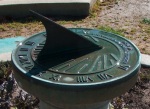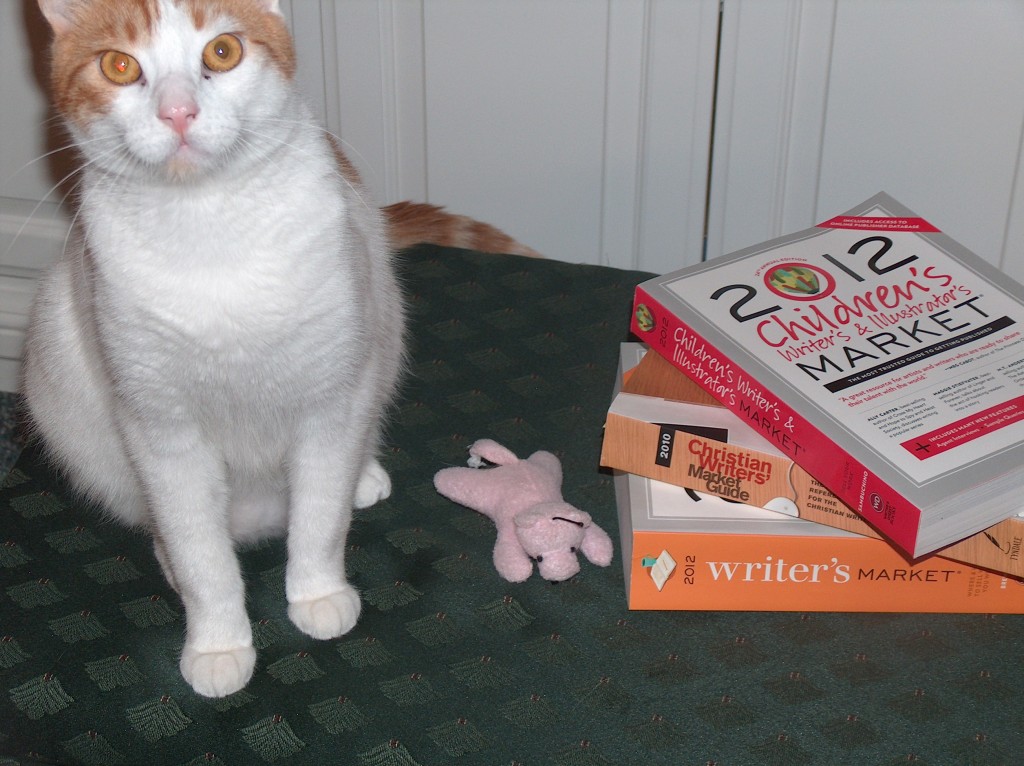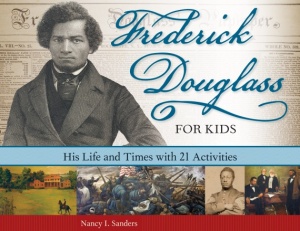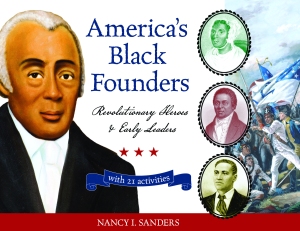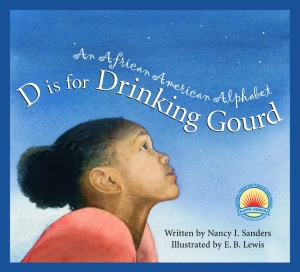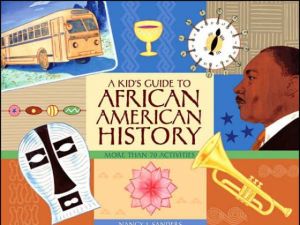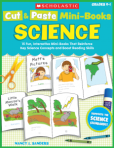Tools of the Trade
There are essential tools every writer needs to establish a successful writing career. Even if writing is just your hobby, these tools are necessary if you want your manuscripts to eventually appear in print.
The Basics
The most basic tool every writer must have in today’s high-tech society is a working computer. It’s also important to have a current word-processing program such as Microsoft Word. And since most editors work mainly over e-mail these days, you must have e-mail. Writers simply cannot successfully get their manuscripts into print without these three items.
If you don’t have a computer, an up-to-date word processing program or e-mail, it is perfectly fine to use the services at your local library. However, your first practical goal as a writer will be to get your own. Personally, I have used People PC for more than 5 years and I recommend it to everyone I know. You have to sign up for 3 years of Internet at once (a cost of about $800) but they give you your own current, state-of-the-art computer in the deal. It’s yours to keep! You have the option of paying all at once, or making monthly payments for three years for as low as $24 a month (depending on the options you choose). So for less than you could purchase a decent computer at a store, and for the same price as popular Internet services, you get a computer and 3 years of Internet all in one package. After three years, the computer is still yours and you can sign up for the service again. Now my family has our initial still-working computer for our son and a brand new one for me to use. For more information, contact them at peoplepc.com.
Writers’ Magazines
Each year I spend about $20 on one magazine subscription for writing. I like to vary it from one publisher to the next. Some years I subscribe to a genre-specific magazine such as Children’s Writer. Other times, I’ve written an article for a magazine such as the SCBWI Bulletin and I’ve gotten the year’s subscription for free. By reading magazines to stay on top of current news, I’ve landed book contracts and maintained a knowledge of the ever-changing market. What I don’t subscribe to, I can usually find at my local library or read portions online for free.
Your Own Personal Writer’s Library of Books
One of the most important tools a writer needs is to build up a personal library of essential reference books. There are many ways to acquire these books at a minimal cost. One way is to frequently browse through libraries’ used book stores. Most libraries have a reference section for writers which they update every year. When the current edition arrives in the mail for their reference shelves, librarians often place the past year’s edition on the shelves for check-out, and put the year before that one’s edition in their used book store. I have found expensive books that originally cost over $150 for as low as $2 in a library’s used book store. I frequently find Chicago’s Manual of Style for $3 and Writer’s Market guides for 50 cents. Whenever I spot such a find, I purchase it, even if I already have a copy. It’s a great gift to give to writer friends and members of my critique group.
If your library doesn’t have a used book store, whenever you travel be sure to stop in the local public library and visit theirs. And don’t forget to visit the library of the local university in town. Their used book stores are the best. It’s amazing the treasures you’ll find!
Another way to obtain expensive books in a cost-effective way is to visit the college or university closest to you. It usually doesn’t cost anything to go in and look. You can browse through their books to your heart’s content and write down a list of titles that would be helpful to keep in your personal library at your fingertips. Then look up your list of titles online at used bookstores such as amazon.com or on e-bay. I’ve gotten entire encyclopedia sets valued over $1000 for as low as $100 and heavy-duty reference books for as cheap as a quarter.
With all that said, here is a list of books to start adding to your personal writer’s library. If you keep your eyes open at places that sell used books, you should be able to acquire a decent writer’s library for as low as $20.
Standard Reference
* Dictionary
* Thesaurus
* Book of Quotations
* Encyclopedia (Either on disc or as a book set)
Bibles
* Various versions of the Bible—When you write for the Christian market, each publisher has its own favorite version to use. By purchasing used copies at thrift stores of a variety of versions, you always have them handy at your fingertips when a publisher requests a specific version. Many children’s publishers prefer to use the NIrV (New International Reader Version). Also, the CBD Parallel Bible has the KJV, NKJV, NIV, and NLT all in one handy volume for a very reasonable price. If you find a Hebrew or Greek parallel Bible at a thrift store, you’ve found a gold nugget indeed!
* Concordance for the version of the Bible you use in your personal study. When you remember a key word from a passage you read in your daily reading but can’t remember where you saw it, you can locate it in your concordance and then find it in the version the publisher requires.
* Strong’s Exhaustive Concordance with Hebrew and Greek Dictionaries is my personal favorite for its easy format and complete list of words. It comes in handy in many ways for today’s writer in the Christian market.
Manuals of Style
* Chicago Manual of Style—The standard in the industry today, it’s invaluable when you need to check the rules of grammar, punctuation, or style as you write a manuscript. Many publishers will insist that you prepare your manuscript according to its guidelines.
* The Elements of Style by Strunk and White—This is a handy style book that most people use. It’s easy-to-understand language makes it a nice companion to the Chicago Manual and many writers use both of them together.
* Write Right by Jan Venolia—I just personally like how this book explains grammar and rules of style.
* The Christian Writer’s Manual of Style by Robert Hudson—If you write for the Christian market, this book will tell you how to quote Scriptures and which words to capitalize, along with many other guidelines. It is the industry standard of Christian publishing.
Market Guides
I keep three market guides on my shelves. I only purchase one guide per year since they can be costly. For instance, I might have a 2003 Christian market guide, a 2004 children’s market guide, and a 2005 writer’s market guide, all at the same time. There isn’t a huge need to buy all three each year since they often overlap. And remember, members of your critique group or used bookstore finds help fill in the gaps with low-priced old issues that are being replaced.
* Christian Writers’ Market Guide by Sally Stuart—This is the most comprehensive listing of Christian publishers on the market that I’ve seen. It includes each publisher’s address, website, and editorial staff along with their areas of focus.
* Writer’s Market by Writer’s Digest Books—Whether you have questions about agents or cover letters, this guide will help you understand the craft of writing. It also includes comprehensive listings of many, many publishing houses.
* Children’s Writer’s & Illustrator’s Market by Writer’s Digest Books—It’s a very thorough listing of houses who publish children’s material—much more comprehensive than just a general market guide.
Specialized Interest
* Chase’s Calendar of Events: The Day-by-Day Directory to Special Days, Weeks and Months—This book lists countless holidays, birthdays, and anniversaries such as National Humor Month and the Annual Chincoteague Pony Penning event. Many listings include e-mails and websites if applicable. This book is imperative to have if you write magazine articles or time-oriented material. Some editors will ask you to submit article queries based on these listings.
* The Timetables of History: A Horizontal Linkage of People and Events by Bernard Grun—This book is good to have if you write fiction or nonfiction, whether for children or adults. It gives you, at a glance, what was happening around the world during the event you are writing about. It helps put your topic in the big picture.
* The Official Museum Directory—It’s nice to have a directory of museums from around the country if you are writing nonfiction or historical fiction. You can locate museums which specialize in your topic and contact them for more specific information, or recommend your book for them to sell in their bookstore after your manuscript is published.
* 35000+ Baby Names by Bruce Lansky—This is a great name dictionary to keep on hand when you’re searching for names to use in your stories. Each entry has the country of origin and its meaning. Yet each entry is short so it’s handy to use.
* The Complete Rhyming Dictionary by Clement Wood—A fun
dictionary, it’s ideal for those opportune assignments when an editor (gasp!) requests a manuscript written in rhyme.
* Children’s Writer’s Word Book by Alijandra Mogilner—This unique book is very helpful for those writing to target audiences of 12 years old and under.
Make Your Own Reference Book
It’s also a great idea to make your own notebook of favorite passages in books, favorite Scriptures or quotes, and even favorite words such as buzz, zany, or zingers. It comes in handy when you’re stuck in the land of writer’s block.
